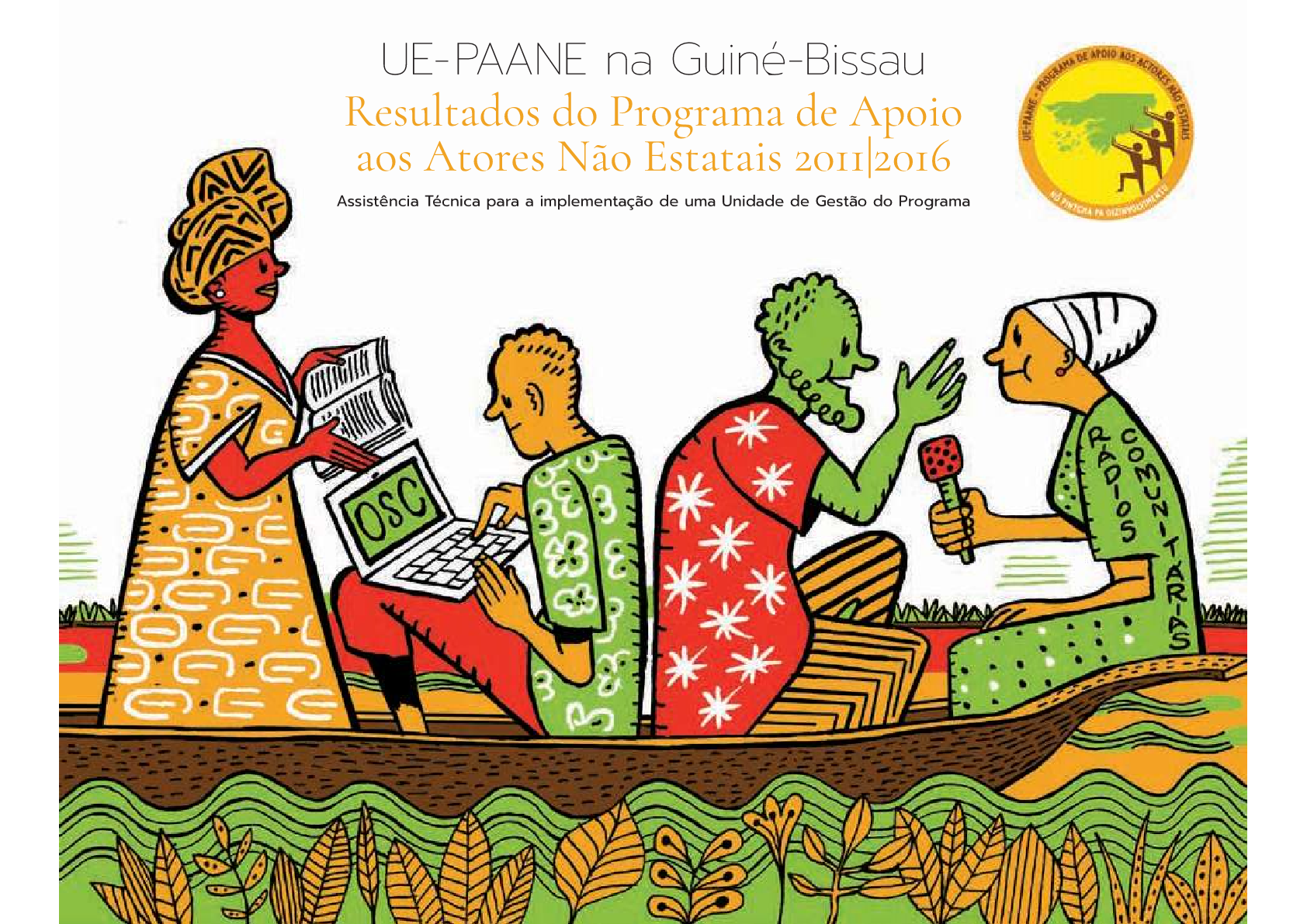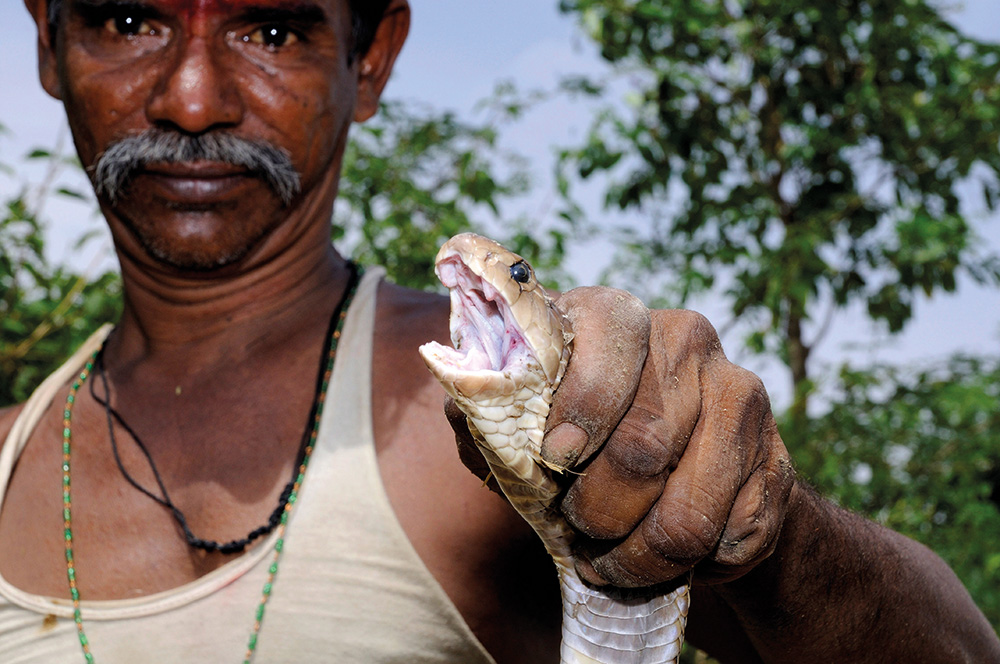TALLER 10: DIRECTRICES VOLUNTARIAS PARA UNA GOBERNANZA RESPONSABLE DE LA TENENCIA DE LA TIERRA, PESCA Y BOSQUES EN EL MARCO DE LA SEGURIDAD ALIMENTARIA NACIONAL (DV): ACTUACIONES QUE SE HAN APLICADO EN EL CAMPO
Las DV no son ni de obligado cumplimiento ni tampoco inderogables. Son una herramienta de referencia que se usa para forzar la evolución y mejora de políticas y prácticas de gobernanza relativas a la tenencia de la tierra, la pesca y los bosques. Sus postulados gozan de una importante legitimidad ya que se consensuaron a finales de 2012 mediante las firmas de los estados miembros del Comité de la seguridad Alimentaria Mundial (CSA) y a raíz de un proceso de elaboración que logró una presencia importante de la voz de la sociedad civil mundial.












